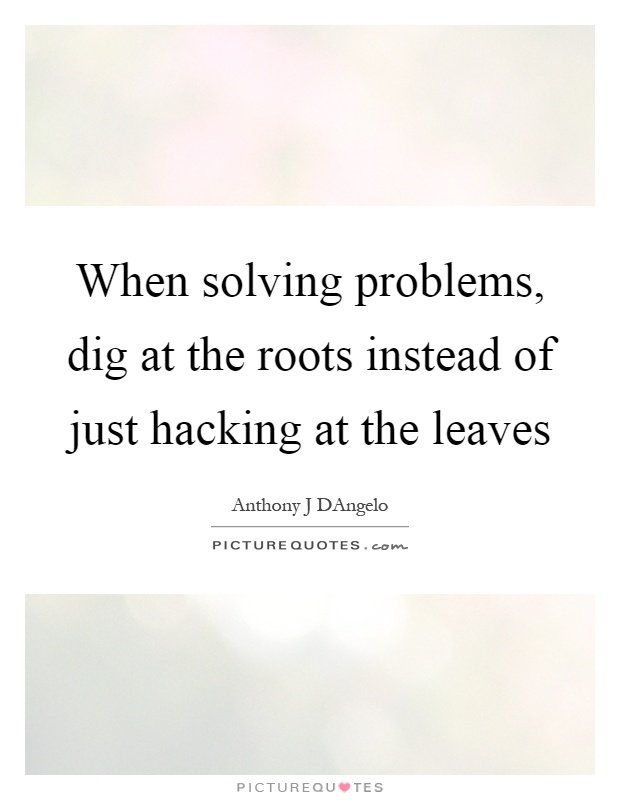The Economy of "Fake News" and how they got away with it.
A recent speech of Senator Leila M. de Lima delivered at the Senate Session Hall last January 24, 2017, Philippines got my attention and here's my two-cents out of the pocket:
In its strict form, "fake news" is completely made up, manipulated to resemble recent events and attract maximum attention and, with it, advertising revenue.
As a general rule here's a simple equation:
- (1) legitimate/known/credible sources = legitimate news
- (2) dodgy/unknown/strange-looking sources = fake news
And kudos to her (somehow) she figured out something:
I bring these up in order to demonstrate a clear pattern of escalation here. Fake news went from being so absurd that it >cannot be taken seriously, to something that is getting more and more indistinguishable from the real thing – so much so that >netizens, public officials, and even seasoned journalists are falling for them. Even the conscious act of compiling fake news >articles is becoming tricky because these fake news sites are not named satirically like “The Adobo Chronicles”, but are >mimicking legitimate news outfits like BBC and CNN. - Sen. Leila de Lima
BUT no Sen. de Lima this is not just about you, this is not about the trolls and most certainly this is not the administration's work of damaging anyone's reputation. This is about social engineering. If you want to solve the problem, dig deep and be objective.

What is social engineering?
According to Atkins and Huang [2]
Social engineering is a psychological exploitation which scammers use to skillfully manipulate human weaknesses and carry out emotional attacks on innocent people.
J.J. Rusch of the US Department of Justice in his paper "The Social Engineering of Internet Fraud" [3] pointed out that a substantial literature in social psychology demonstrates that there are at least six factors relying on peripheral routes to persuation that are highly likely to persuade or influence others.
tl;dr
- Authority - People are highly likely, in the right situation, to be highly responsive to assertions of authority, even when the person who purports to be in a position of authority is not physically present.
- Scarcity - People are also highly responsive to indications that a particular item they may want is in short supply or available for only a limited period
- Liking and Similarity - It is a truly human tendency to like people who are like us. Our identification of a person as having characteristics identical or similar to our own -- places of birth, or tastes in sports, music, art, or other personal interests, to name a few -- provides a strong incentive for us to adopt a mental shortcut, in dealing with that person, to regard him or
her more favorably merely because of that similarity. - Reciprocation - A well-recognized rule of social interaction requires that if someone gives us (or promises to give us) something, we feel a strong inclination to reciprocate by providing something in return.
- Commitment and consistency - Society also places great store by consistency in a person's behavior.
- Social proof - In many social situations, one of the mental shortcuts on which we rely, in determining what course of action is most appropriate, is to look to see what other people in the vicinity are doing or saying.
With those psychological weaknesses, people exploited it to earn a living and feed their hungry families. (and well maybe make fun of you since we're at it). The business is simple, the more vulnerabilities, the more weaknesses, equals a lot more opportunities to generate traffic on their pages and gain profit from the ads.
They just want you to click that stupid button/link/image to gain more traffic for their ads.
So again Madame Senator this is not about you, anyone can be a victim. This is not about EJK, Martial Law, democracy, propaganda, foreign BFFs (foreign whaat?), bla bla meow meow meow...
And how these publishers got away with it?
From authorities' Short-sightedness and inability to comprehend the technology and it's underlying vulnerabilities. The government failing to identify root-causes of technological problems because they are too busy minding their political careers...or are just too incompetent to be there in the first place.
....and of course publishers got away with a lot of cash.
So How do we stop it, you ask ?
....How can you change human nature?

References:
Sen. Leila M. de Lima Speech
https://www.facebook.com/notes/leila-de-lima/zombie-apocalypse-the-rise-of-fake-news-and-the-death-knell-for-philippine-democ/1921430501420829A Study of Social Engineering in Online Frauds, Brandon Atkins and Wilson Huand. Published Online August 2013 in SciRes (http://www.scirp.org/journal/jss)
The "Social Engineering" of Internet Fraud, Jonathan J. RUSCH,United States Department of Justice,USA (http://taupe.free.fr/book/psycho/social%20engineering/TheSocial%20Engineering%20of%20Internet%20Fraud.pdf)
Thanks for the interesting analysis.
you're welcome.
Fake news has literally been around as long as real news and it has been pretty common throughout the internet age. I'm not sure why it is such a big deal all of a sudden except that it seems to have been conflated with the Hillary Clinton/DNC e-mail scandal along the way. This was not fake news though individuals can make their own judgement on how important they think it is. What has been more disturbing to me over recent years is the habit of so called "mainstream media" sources to be so careless with reporting. There seem to be many cases of stories being created based on completely unsubstantiated reports or other unsubstantiated data. It's careless at best.
True that... this is old school social engineering stuff. As I have pointed out in the post, this is just a part of social engineering... exploiting the very weakness of human nature...to make money online through ads. People are looking at the problem in a minuscule scope.
Congratulations @precise! You have received a personal award!
Click on the badge to view your own Board of Honor on SteemitBoard.
For more information about this award, click here